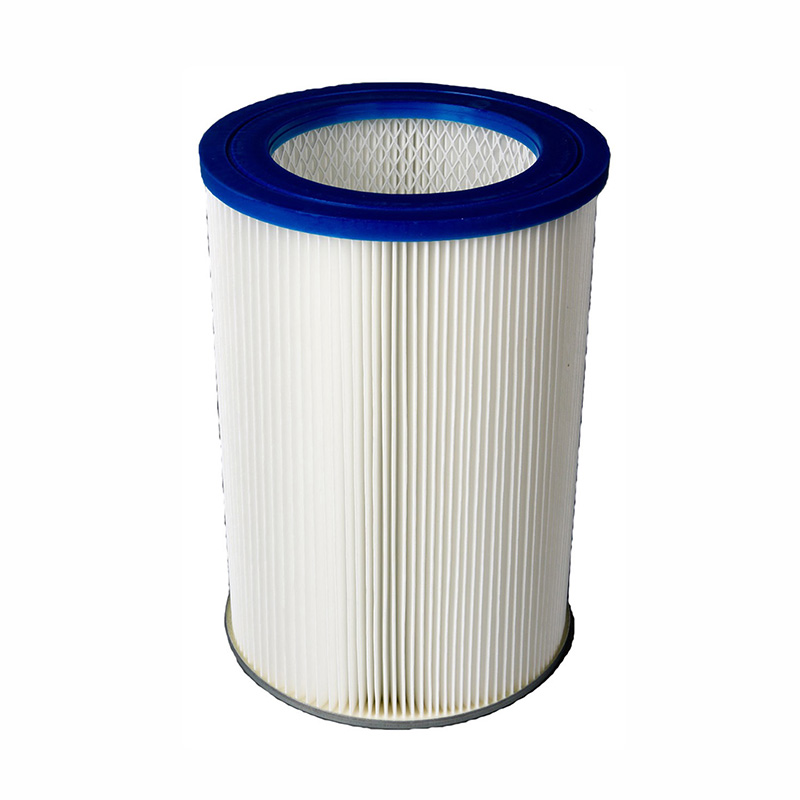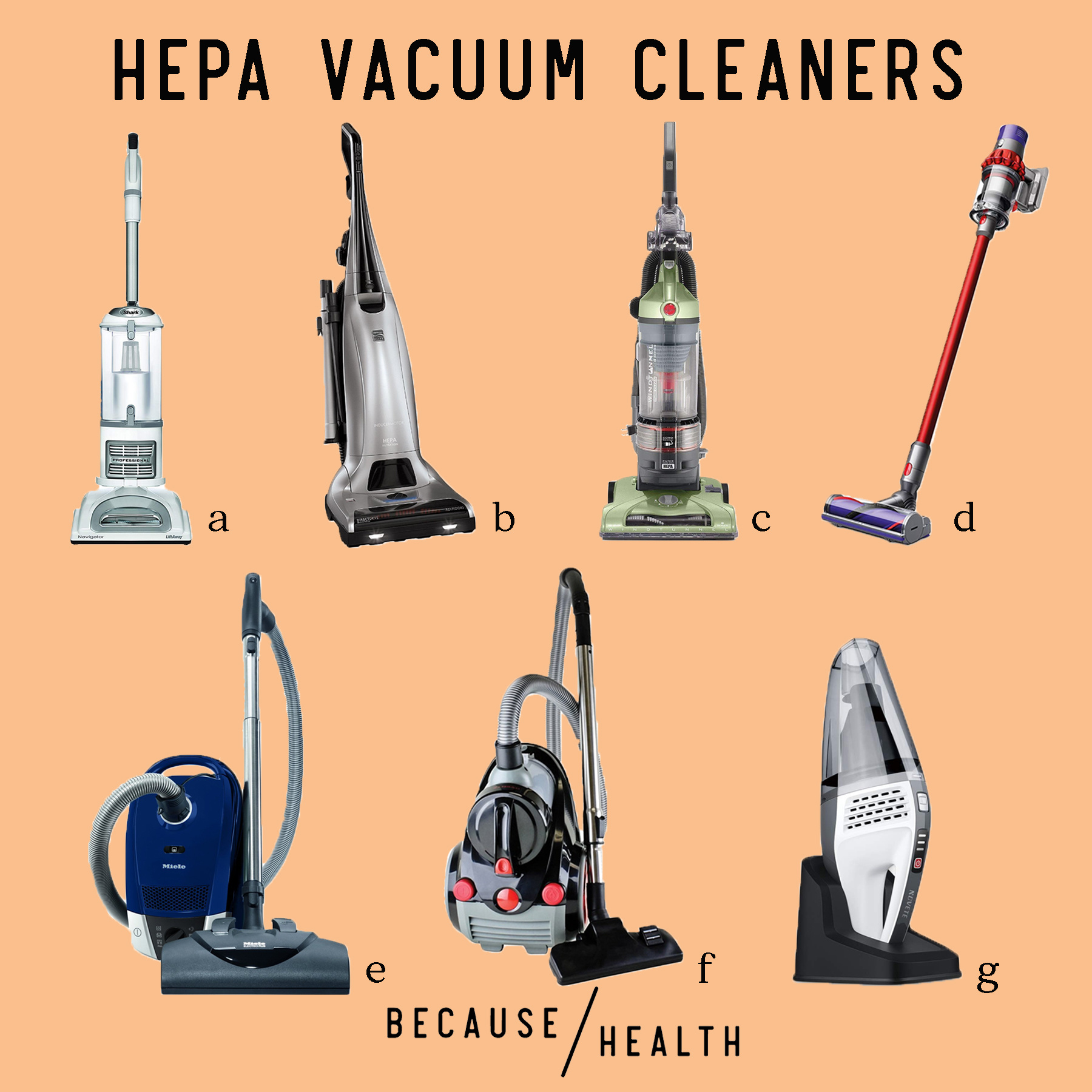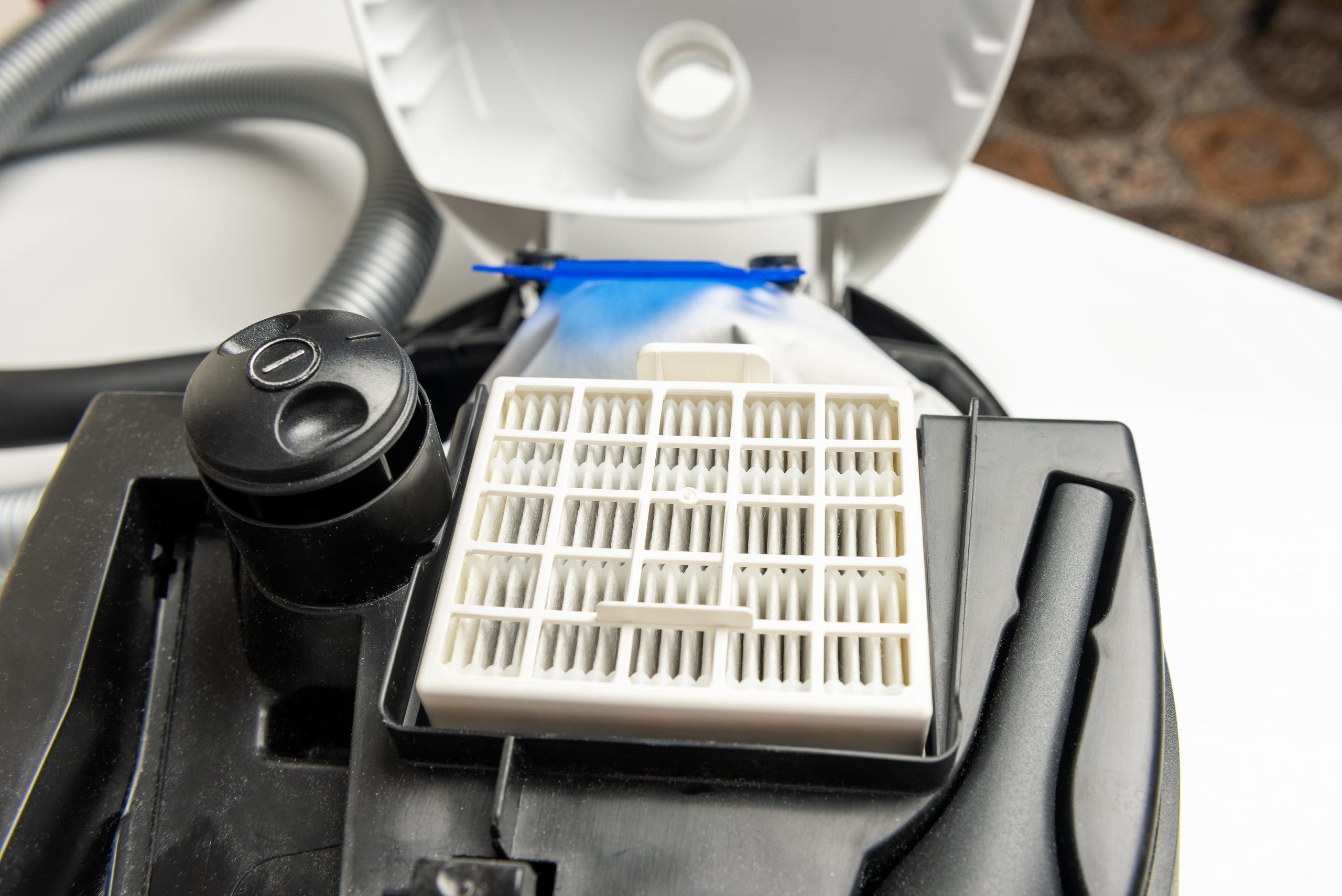A HEPA filter on a vacuum traps tiny particles. It captures dust, pollen, and pet dander.
This makes the air cleaner and healthier to breathe. Vacuum cleaners with HEPA filters are popular for a reason. They offer superior air quality in your home. But what exactly does a HEPA filter do? How does it improve your vacuum’s performance?
In this blog post, we will explore the ins and outs of HEPA filters. We will look at how they work and why they are essential. Whether you have allergies, pets, or just want a cleaner home, understanding HEPA filters can help you make better choices. Let’s dive into the world of HEPA filters and discover their benefits.
Introduction To Hepa Filters
Vacuum cleaners play a crucial role in maintaining cleanliness at home. But, not all vacuums are created equal. One key feature that sets some models apart is the HEPA filter. In this section, we’ll explore what a HEPA filter does in a vacuum.
Importance Of Clean Air
Clean air is essential for a healthy living environment. Dust, allergens, and pollutants can cause health issues. Vacuums with HEPA filters help combat these problems. They trap tiny particles that other filters might miss. This means cleaner air and a healthier home.
Basics Of Hepa Technology
HEPA stands for High-Efficiency Particulate Air. HEPA filters must meet strict standards. They capture at least 99.97% of particles as small as 0.3 microns. This makes them highly effective for trapping dust, pollen, and pet dander. Using a vacuum with a HEPA filter ensures thorough cleaning and improved air quality.
How Hepa Filters Work
HEPA filters in vacuums trap tiny particles like dust, pollen, and pet dander. They help keep indoor air clean and reduce allergies.
Understanding how HEPA filters work can help you choose the right vacuum. HEPA stands for High-Efficiency Particulate Air. These filters are known for their ability to trap tiny particles. This makes them ideal for people with allergies or asthma.Filtration Mechanism
HEPA filters use a dense mesh of fibers. This mesh captures particles as air passes through it. Unlike regular filters, HEPA filters trap much smaller particles. The mesh creates a maze-like structure. Air flows through the maze, but particles get stuck. This process is called mechanical filtration.Particle Size Capture
HEPA filters can capture particles as small as 0.3 microns. That is much smaller than what the human eye can see. These tiny particles include dust, pollen, and pet dander. Smaller particles are harder to catch, but HEPA filters are up to the task. They even trap some bacteria and viruses. This makes your home cleaner and healthier. “`Benefits Of Hepa Filters
HEPA filters are essential components in modern vacuum cleaners. They offer numerous benefits that enhance the cleaning experience. These filters trap small particles, improving air quality and making homes healthier. Let’s explore the specific advantages of using HEPA filters.
Health Advantages
HEPA filters capture allergens like dust mites and pollen. This reduces allergy symptoms for sensitive individuals. They also trap pet dander, which is vital for pet owners. This makes breathing easier and homes more comfortable. HEPA filters also remove smoke particles and other harmful pollutants. This is especially important for households with smokers. The overall air quality improvement benefits everyone, especially those with respiratory issues.
Environmental Impact
Using HEPA filters helps reduce indoor pollution. This contributes to a cleaner environment inside your home. These filters also have a longer lifespan, leading to less waste. Fewer replacements mean fewer filters end up in landfills. HEPA filters also support energy efficiency in vacuum cleaners. They maintain optimal performance with less power. This results in lower energy consumption and a smaller carbon footprint.

Credit: atrix.com
Hepa Filters In Vacuums
HEPA filters trap tiny particles and allergens in vacuums. They improve air quality by capturing dust, pollen, and pet dander. Ideal for allergy sufferers and those wanting a cleaner home environment.
Vacuum cleaners are essential for keeping homes clean. But not all vacuums are the same. Some come with HEPA filters. These filters are special. They trap tiny particles. This makes the air cleaner. People with allergies love them.Purpose In Vacuums
HEPA filters have a clear purpose. They trap small dust particles. Regular filters might miss these. HEPA filters catch 99.97% of particles. These include pollen, pet dander, and smoke. This makes the air healthier to breathe.Common Applications
Many places use HEPA filters. Homes with pets benefit a lot. Pet hair and dander can be troublesome. HEPA filters help. Allergies can be a problem in homes. HEPA filters reduce allergens. They are also used in hospitals. Clean air is crucial there. Schools and offices use them too. Cleaner air helps everyone. “`Types Of Hepa Filters
Understanding the different types of HEPA filters can help you make an informed decision when choosing a vacuum cleaner. HEPA filters vary in their efficiency and performance. Let’s delve into the two main categories of HEPA filters and their efficiency ratings.
True Hepa Vs Hepa-type
True HEPA filters are the gold standard in air filtration. They capture 99.97% of particles as small as 0.3 microns. This makes them highly effective for trapping dust, pollen, pet dander, and smoke.
HEPA-Type filters are less efficient. They capture around 99% of particles, but only those down to 2 microns in size. This makes them less effective than True HEPA filters in capturing smaller particles.
Efficiency Ratings
HEPA filters come with different efficiency ratings. These ratings indicate how well the filter can trap particles. The most common efficiency ratings include:
- H10-H12: These filters capture 85-99.5% of particles. They are considered standard in many household vacuums.
- H13-H14: These filters are more advanced, capturing 99.95-99.995% of particles. They are often used in medical and cleanroom environments.
Choosing the right HEPA filter depends on your specific needs. If you have allergies or asthma, a True HEPA filter with a high efficiency rating is ideal. For general household cleaning, a HEPA-Type filter might suffice.

Credit: ceh.org
Maintenance Of Hepa Filters
Maintaining your HEPA filter is crucial for your vacuum’s performance. Proper care ensures that your HEPA filter works effectively. Regular maintenance extends the life of your vacuum and keeps your home clean.
Cleaning Guidelines
Cleaning your HEPA filter can be simple. First, check your vacuum’s manual. Some filters are washable, while others are not. If washable, rinse the filter with water. Avoid using soap or detergents. Let it air dry completely before reinserting it. For non-washable filters, gently tap them to remove dust. Use a soft brush to clean delicate areas.
Replacement Frequency
How often should you replace your HEPA filter? It depends on usage. Generally, replace it every six months. If you vacuum daily or have pets, consider replacing it more often. Always follow the manufacturer’s recommendations. This ensures optimal performance and cleaner air.
Choosing The Right Hepa Vacuum
Choosing the right HEPA vacuum can feel overwhelming. There are many options, each claiming to be the best. But what should you really look for? This section will guide you through the key features and brand comparisons to help you make an informed decision.
Key Features To Look For
- True HEPA Filter: Ensure the vacuum has a true HEPA filter, not just HEPA-like.
- Sealed System: A sealed system prevents dust from escaping back into the air.
- Suction Power: High suction power ensures effective cleaning.
- Bagged vs. Bagless: Choose based on your preference and convenience.
- Portability: Consider weight and ease of movement.
- Noise Level: Look for quieter models if noise is a concern.
Brand Comparisons
| Brand | Model | Key Features | Price Range |
|---|---|---|---|
| Dyson | V11 Torque Drive | True HEPA, Sealed System, High Suction | $$$ |
| Shark | Navigatory Lift-Away | True HEPA, Bagless, Lightweight | $$ |
| Miele | Complete C3 | True HEPA, Bagged, Quiet Operation | $$$ |
| Hoover | WindTunnel T-Series | True HEPA, Bagless, Budget-Friendly | $ |
Common Myths About Hepa Filters
HEPA filters are a hot topic in the world of vacuums. There is a lot of information out there, and not all of it is true. This section will address some common myths about HEPA filters.
Misconceptions Debunked
Many believe HEPA filters can capture all particles. This isn’t true. HEPA filters can trap particles as small as 0.3 microns, but not everything. Some think HEPA filters make a vacuum too heavy. This is another myth. HEPA filters do not add significant weight to the vacuum.
Clarifying Facts
Another myth is that HEPA filters do not need regular cleaning. In reality, they do. Cleaning keeps them efficient. Some people think HEPA filters are only for allergy sufferers. This is false. HEPA filters benefit everyone by keeping the air cleaner.

Credit: www.familyhandyman.com
Frequently Asked Questions
What Is A Hepa Filter In A Vacuum?
A HEPA filter in a vacuum traps tiny particles. It captures dust, pollen, and pet dander. This makes indoor air cleaner.
How Does A Hepa Filter Work?
A HEPA filter works by forcing air through a fine mesh. This mesh traps harmful particles. It helps improve air quality.
Are Hepa Filters Worth It In Vacuums?
Yes, HEPA filters are worth it. They improve air quality by trapping allergens. This benefits people with allergies.
How Often Should You Replace A Hepa Filter?
You should replace a HEPA filter every 6-12 months. Check the manufacturer’s recommendations. Regular replacement ensures optimal performance.
Conclusion
A HEPA filter in a vacuum traps tiny particles. It improves air quality. Allergens, dust, and pet dander get captured efficiently. This keeps your home cleaner. Health benefits include reduced allergy symptoms. Investing in a vacuum with a HEPA filter is wise.
Cleaner air means a healthier life. Consider this upgrade for your next vacuum. Your family will thank you. Happy cleaning!




